Everything You Need to Know About Medical Needling Before Getting Started
Medical needling, also known as microneedling, is a cosmetic procedure that involves using small needles to create micro-injuries on the skin’s surface. The goal of medical needling is to stimulate collagen production and enhance skin’s texture and tone. If you’re considering medical needling, this beginner’s guide will provide you with everything you need to know before getting started.
What is Medical Needling?

Medical needling is a minimally invasive procedure that involves using a device with tiny needles to puncture the skin’s surface. The needles create micro-injuries that trigger the body’s natural healing response, which stimulates collagen production and enhances skin texture and tone. Medical needling is typically used to treat scars, fine lines, wrinkles, and uneven skin tone.
What to Expect During Medical Needling?
Before the procedure, your skincare professional will apply a topical aesthetic cream to minimise discomfort. During
the procedure, the device with the tiny needles
will be moved over your skin’s surface. You may

experience mild discomfort or a prickling sensation, but it should not be painful. The procedure typically takes 30 minutes to an hour, depending on the area being treated.
After the procedure, you may experience redness and mild swelling, which can last for a few days. Your skincare professional will provide you with post-treatment instructions, which may include avoiding direct sunlight, using a gentle cleanser, and applying a moisturizer to keep the skin hydrated.
Who Can Benefit from Medical Needling?
Medical needling is suitable for most skin types and can benefit anyone looking to improve their skin’s texture and tone. It is particularly effective in treating acne scars, fine lines, wrinkles, and uneven skin tone. Medical needling can also help reduce the appearance of stretch marks and hyperpigmentation.
However, medical needling may not be suitable for individuals with certain medical conditions or skin conditions, such as active acne or eczema. It is important to consult with your skincare professional before undergoing any cosmetic procedure.
The benefits of medical needling include:

1.Stimulating collagen production: Medical needling stimulates collagen production, which can enhance skin texture and tone.
2.Reducing the appearance of scars: Medical needling can help reduce the appearance of scars caused by acne, surgery, or injury.
- Improving fine lines and wrinkles: Medical needling can help reduce the appearance of fine lines and wrinkles, making the skin look smoother and more youthful.
- Treating hyperpigmentation: Medical needling can help reduce the appearance of hyperpigmentation, which is the darkening of the skin caused by excess melanin production.
- Minimally invasive: Medical needling is a minimally invasive procedure that does not require downtime.
Are there any risks?
Like any cosmetic procedure, medical needling does carry some risks. The most common risks include redness, swelling, and mild discomfort. In rare cases, medical needling can cause infection, scarring, and changes in skin pigmentation.
To minimise the risks, it is essential to choose a reputable skincare professional, such as The Banwell Clinic who is extensively qualified in medical needling and follows proper safety protocols.













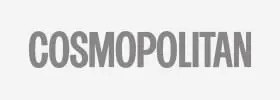





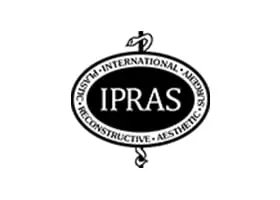

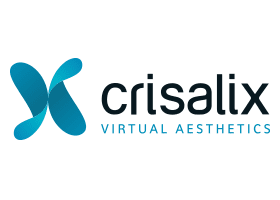
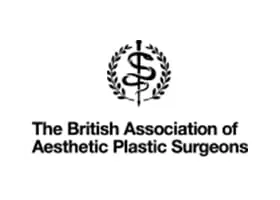
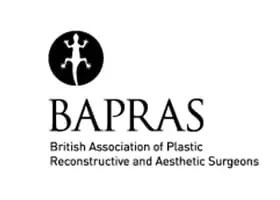

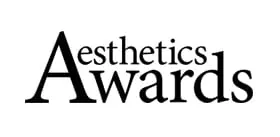

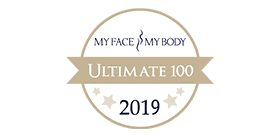
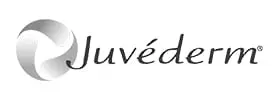
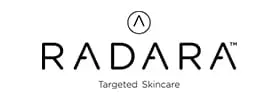
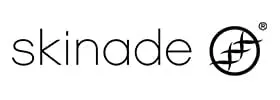
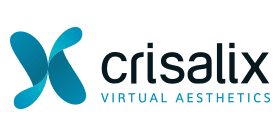
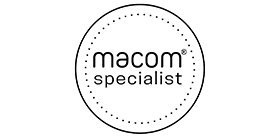
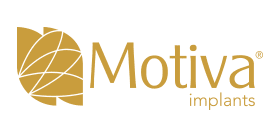
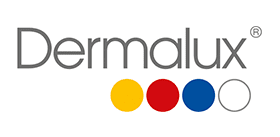
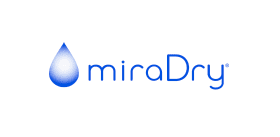
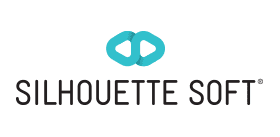
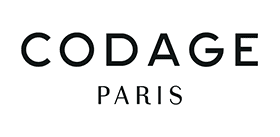
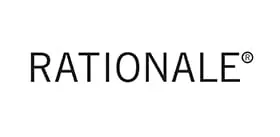

25th June 2025
Bringing Confidence Forward: A Personal Look at Hairline Lowering Surgery
Read More
24th June 2025
Lip Lift Surgery: A Subtle Change That Speaks Volumes
Read More
3rd June 2025
Post-Surgery Compression Garments in Plastic Surgery
Read More